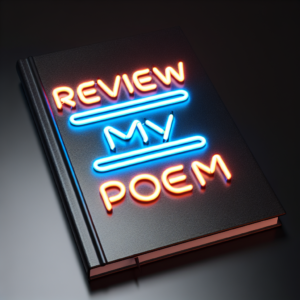The epic series “I, Claudius,” adapted from Robert Graves’ novels, illuminates the dramatic tale of the Roman Empire from the reign of Augustus to that of Claudius. Set against the grand backdrop of ancient Rome, the narrative offers profound insights into ambition, betrayal, resilience, and survival, painting a vivid picture of human nature amidst power and politics.
10 Insights from “I, Claudius”
- Unintended Leaders: Often underestimated due to his physical ailments, Claudius showcases that formidable leadership can arise from unexpected quarters.
- Perils of Ambition: The destructive nature of unchecked ambition is laid bare by characters like Livia and Sejanus.
- Masks of Deception: The treacherous dance of politics in the Roman court is marked by facades hiding ulterior motives.
- Fate vs. Free Will: The series delves deep into the struggle between prophesied destinies and individual choices, provoking introspection about personal agency.
- Resilient Survival: Amidst myriad plots and purges, Claudius’s enduring resilience becomes a testament to human adaptability.
- The Heavy Toll of Power: Through the fates of emperors and nobles, the series depicts the personal and political costs of leadership.
- Family Ties & Treachery: The series reveals the fine line between familial bonds and political allegiance, unmasking the complexities of trust.
- Power of Recorded History: As a historian, Claudius underscores the potency of documentation, suggesting that chronicling history is itself a form of power.
- Challenges of Governance: The narrative provides a panoramic view of governance, illuminating various leadership styles and the intricacies of empire management.
- Legacy’s Lasting Impact: The tale ultimately reminds us that our deeds, whether noble or nefarious, shape how history remembers us.
QR Poet Summary
“I, Claudius” provides more than just a window into ancient Rome; it’s a mirror reflecting timeless facets of human nature. Set amidst the grandeur and gravitas of the Roman Empire, its themes resonate universally, prompting contemplation about power, ambition, legacy, and the intricate dance of politics and trust.
The Big Question
Drawing parallels between the intricate courts of ancient Rome and our contemporary socio-political arenas, how can the insights from “I, Claudius” inform our navigation of modern power dynamics, trust, and ambition?










